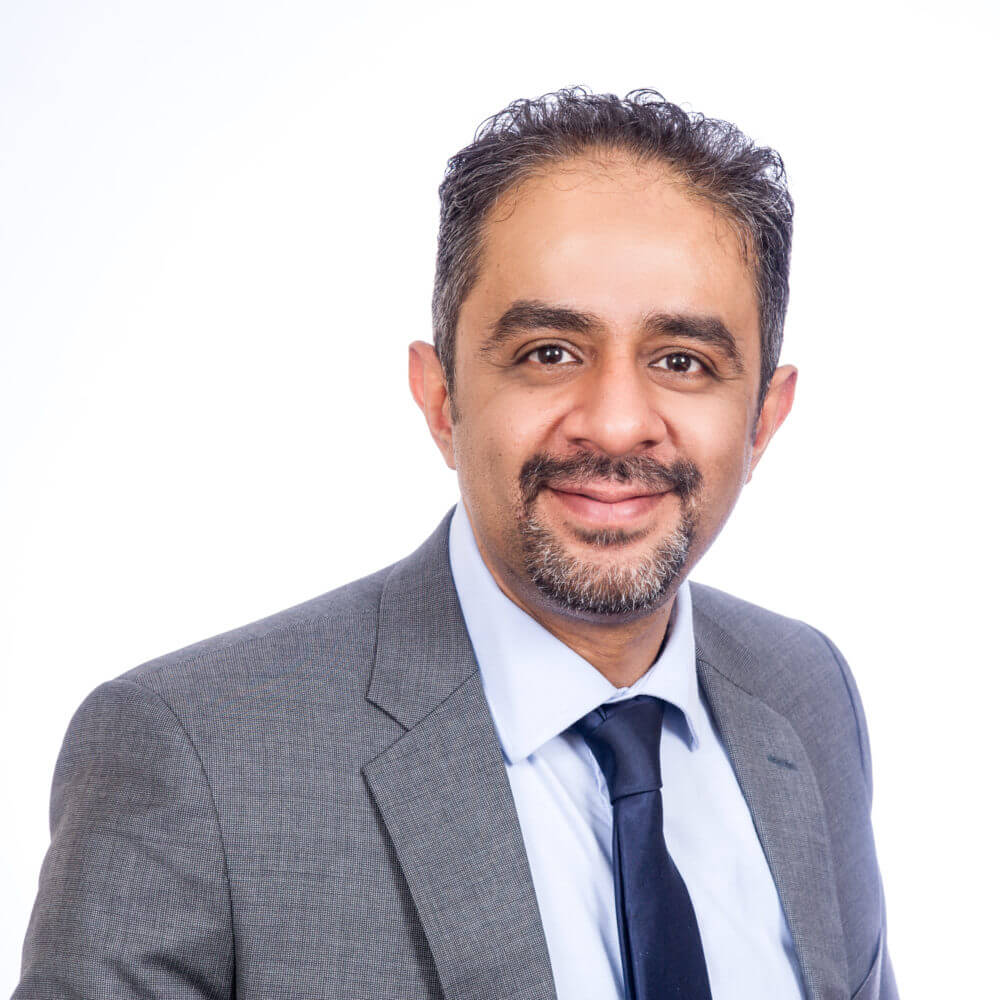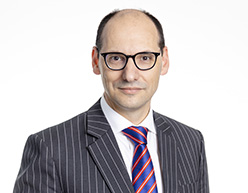COVID-19 and its impacts on funds & investors in Bahrain
TDT I Manama
The Daily Tribune – www.newsofbahrain.com
COVID-19, as we all know, is having its economic impact on companies and underlying investments all around the globe. Besides, there is also a considerable amount of uncertainty as to the extent and duration of its impact leading to market turmoil putting significant pressure on fund liquidity. The Daily Tribune sat with Faizal Bhana, the Director Middle East and Africa, Jersey Finance and Brian Howard, Head of Funds at Trowers & Hamlins to find out the opportunities and challenges that have come up in the region amid the pandemic. Excerpts from the talk:
• How has covid-19 impacted the relationship between funds and their investors?
Covid 19 has focused many investors on liquidity to meet their business needs. As such, in relation to funds, investors are increasingly examining their exit rights, liquidity options, the funds’ rights with respect to term extensions, valuations of funds’ portfolios and, in some instances, whether there are options to increase their exposure to funds as other investors exit at lower valuations. Investors are often requiring more reporting than in the past on their investments and more active participation in or oversight over the funds’ management. In this uncertain economic environment, investors in the Middle East, who are keen to tap into the opportunities offered up by alternative funds, will be relying on centres that offer sensible regimes, a solid approach to getting funds to market, and some much-needed certainty to manage structure, and service their funds in a challenging environment. Jersey’s fund proposition is uniquely positioned to help meet those demands - the stability and certainty of its regulatory and legislative regime, the focus on service quality, and the impressive level of expertise offered by a 14,000 strong financial services workforce are among the factors that will help instil investor confidence in a fast-changing and challenging landscape.
• What are some of the trends for fund structuring that have become more prevalent in the region?
The rush into social infrastructure (such as hospitals and education-focused funds) has slowed down although there is still an appetite for economic infrastructure that has done well in this year (such as power and alternative energy). There is more interest in venture capital and start-up funding investments particularly those focused on fintech, AI and ‘disruptive’ business models. GCC-based business structures have also developed this year to improve the prospects for these ventures with greater opportunity for use of share classes, easing of capital requirements and process simplification. Passive investment structures have had an increasing share of funds invested and fees attainable by fund managers are reducing despite managers and administrators taking on more work and responsibilities. Large investors are increasingly looking at establishing in-house teams to manage their investment portfolios and are relying less on third parties to provide this service to them. Also, in the GCC region, the interest in the many new investment structures offered through changes in regulations has increased with limited partnerships, REITs, trusts and protected cell structures being looked at in tandem with the more conventional unit scheme funds that were once the only option available in the GCC.
• What are some of the opportunities and challenges that have come up in the region?
Regulations have increasingly been focused on disclosure, substance and transparency. This creates opportunities for those managers and administrators who have already invested in their systems, controls and quality of service/reporting to investors and fund managers. Regulation in the fund's industry is increasing and that is not likely to end soon. In terms of opportunities, that means that those service providers that have embraced developments and looked at the direction of travel of regulation will be better placed successfully to service managers and investors while their peers struggle to keep up with the minimum requirements. For those service providers that stay ahead on this side, embrace the enhanced regulatory world and go above and beyond, they can turn this into a positive development which investors will appreciate.
• The use of shari’ah compliant packages have become more prevalent in Bahrain and the wider GCC region, how have they been integrated across conventional investments?
Generally speaking, it remains the case that investments tend to either be structured as wholly Shari’ah-compliant or alternatively conventional. This includes funds and there are additional rules in Bahrain and the UAE for example which Shari’ah-compliant funds must follow, in addition to the normal rules applying to funds. However, it is now possible in limited circumstances to blend Shari’ah and conventional investors into the same structure, thus allowing that structure potentially to take on conventional debt which can be less expensive. This can only work, however, where the underlying investments are Shari’ah-compliant for all investors, as legal structuring can only take you so far. In the future, there is no doubt that we will see more of these hybrid structures which gives sponsor access to a broader pool of potential investors.
• What are the key considerations that you would extend to industry professionals when selecting a fund structure and for increasing investor influence when it comes to making decisions of the sort?
Investors, managers and sponsors in funds should consider a variety of issues when selecting fund structures including capital demands, tax optimisation, the marketing restrictions on the various fund types / passporting, management structure and flexibility, the allowable participation of investors in decision making, the timeframe to market, the privacy of the investment, the capabilities of the team of service providers selected for the fund, the liquidity profile of the investment, the transparency which will be shown to the investors, track records of the management team, the size of the manager’s contribution to the fund and how are conflicts of interest resolved. Beyond this, and as we are headed towards greater global transparency and more robust regulatory standards, consolidating information and installing the appropriate reporting and governance protocols will also become more essential. Against this backdrop, there is clearly an immense opportunity for the wealth management advisory industry to expand and educate their client base, and thereby to enhance the asset management and broader wealth management scope in the region. With many GCC family businesses seeing reputation as a critical factor when selecting an IFC, offshore jurisdictions that can demonstrate their dedication to transparency, ethics, and quality will survive and prosper in this changing environment. In periods of declining economic activity and uncertainty, it is the jurisdictions that can demonstrate their dedication to transparency, strong regulation and quality that will lead the way in this rapidly changing environment.
Faizal Bhana, Director Middle East and Africa, Jersey Finance
Brian Howard, Head of Funds at Trowers & Hamlins
Related Posts



